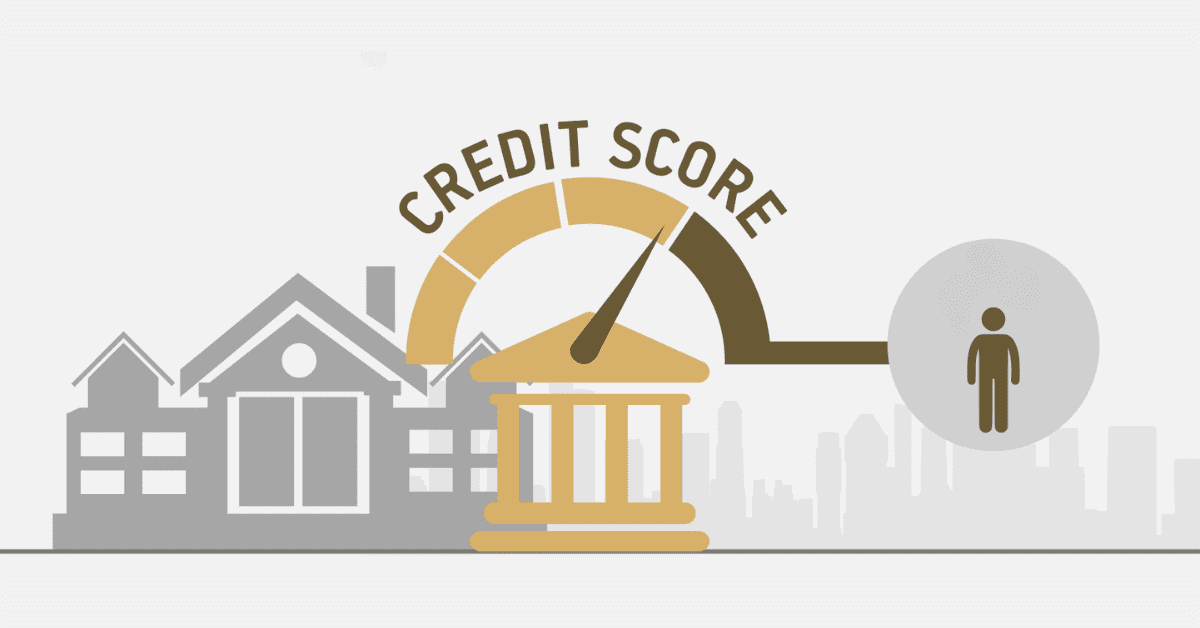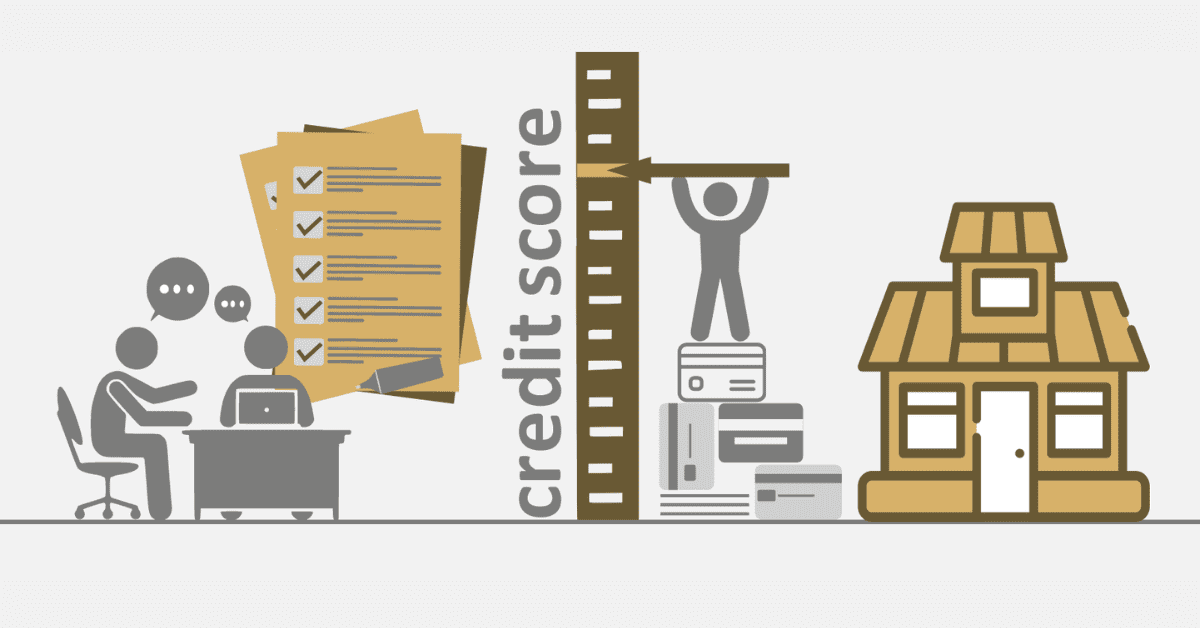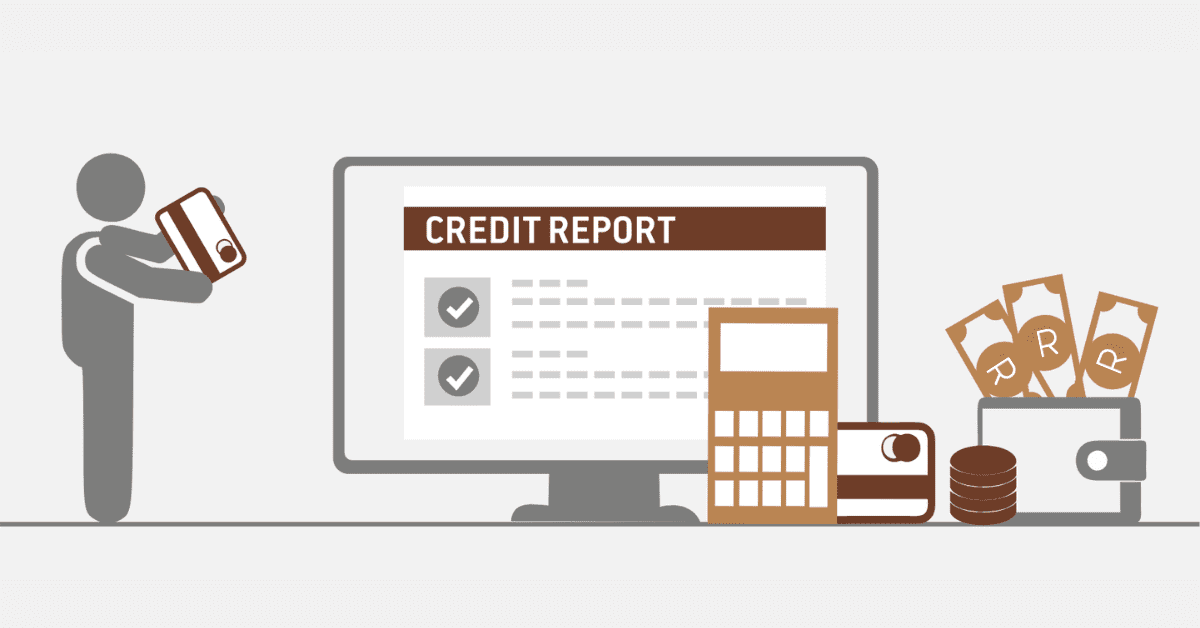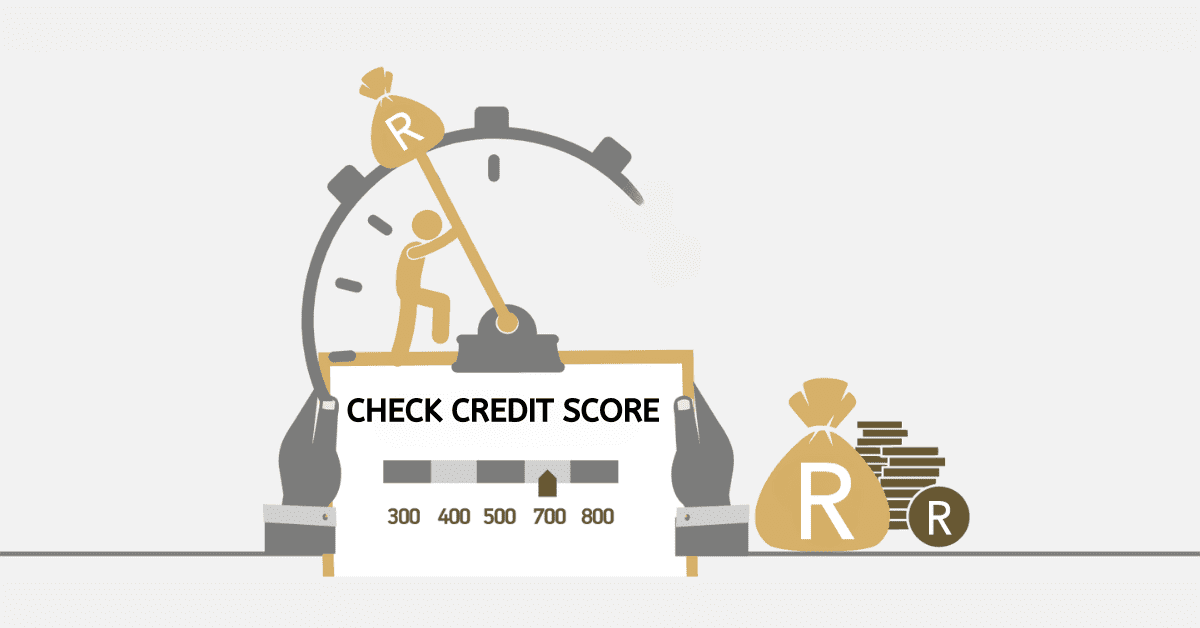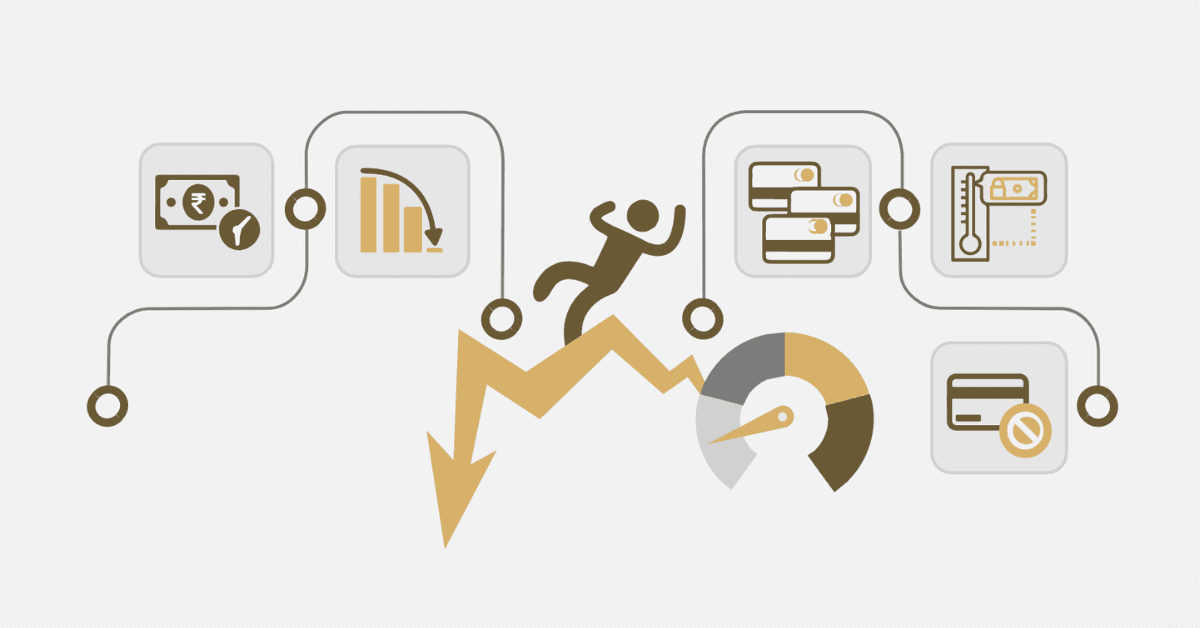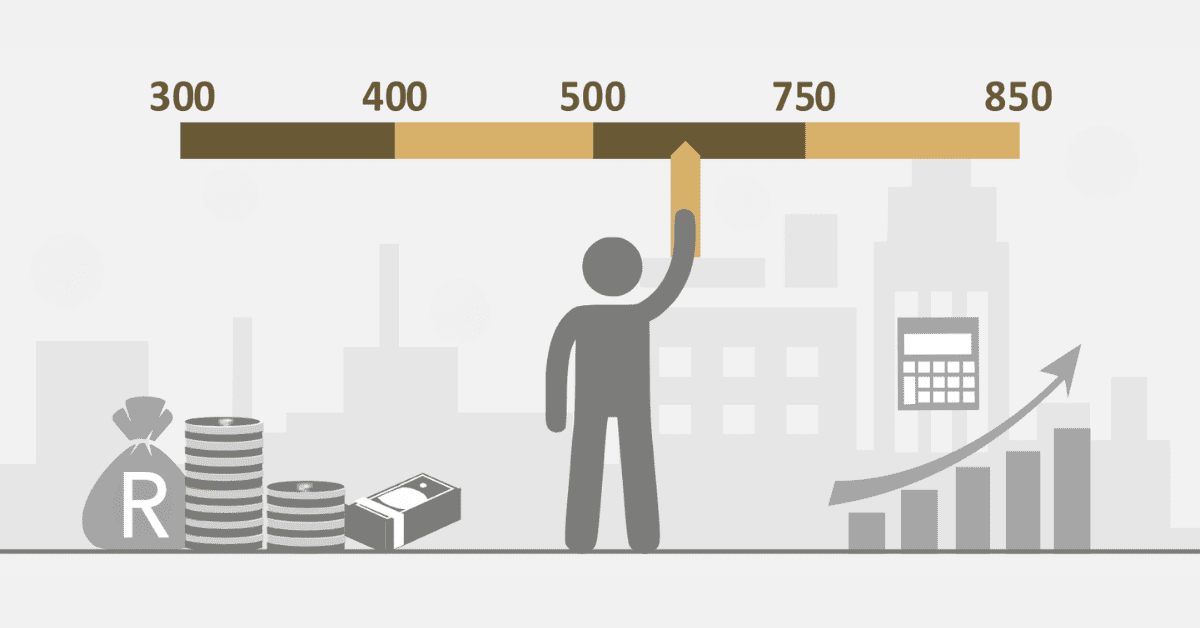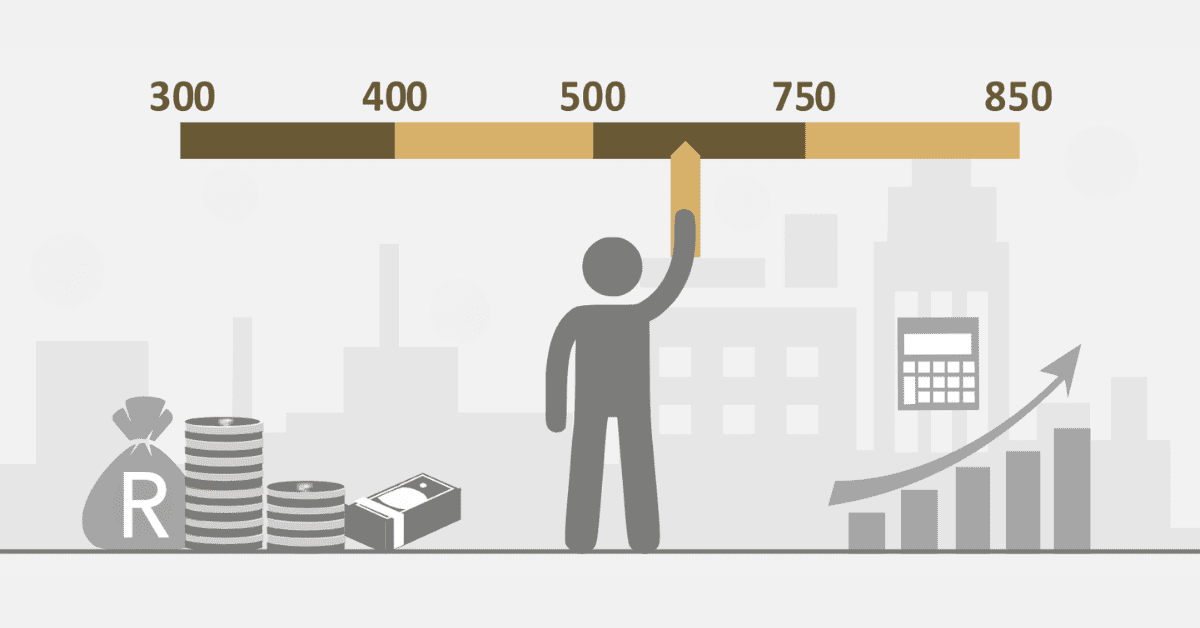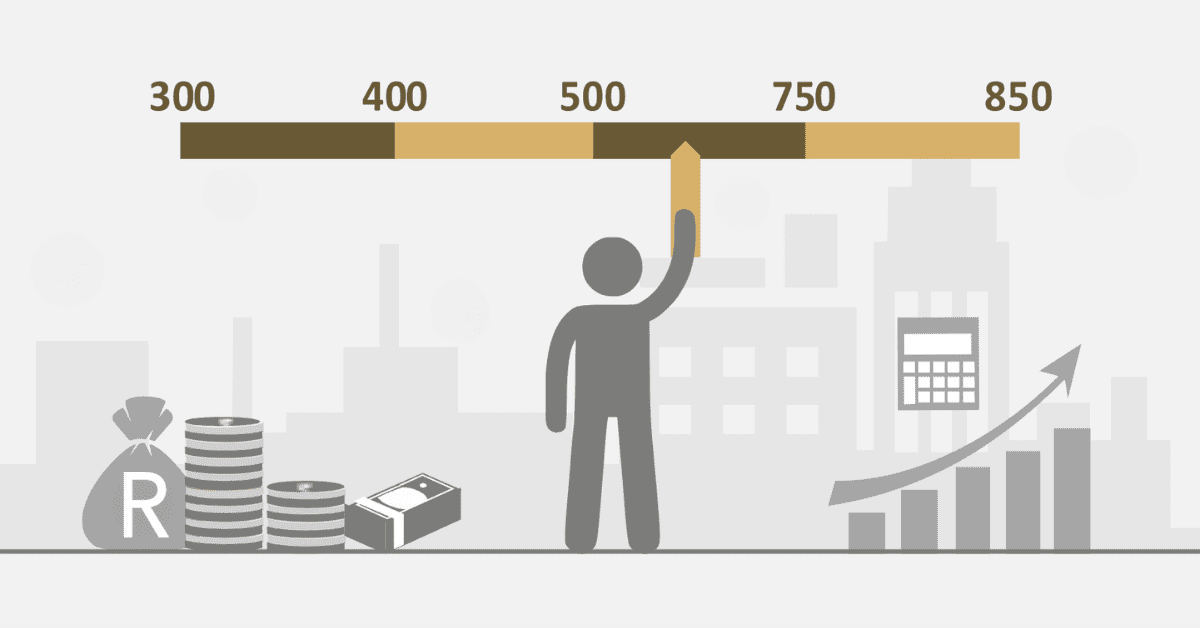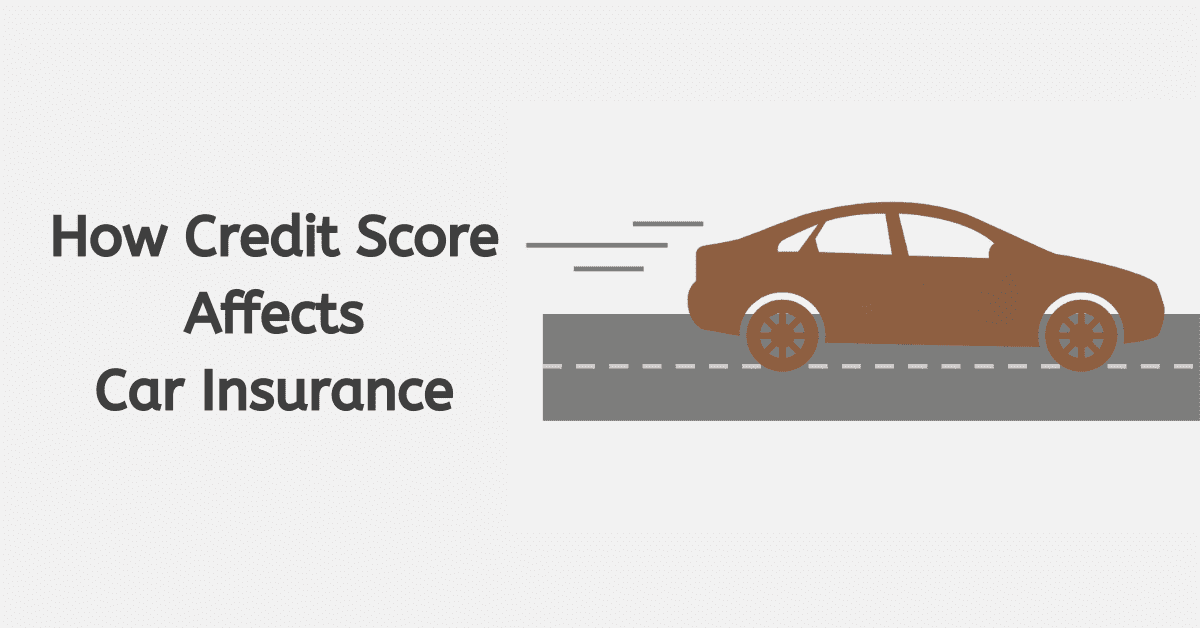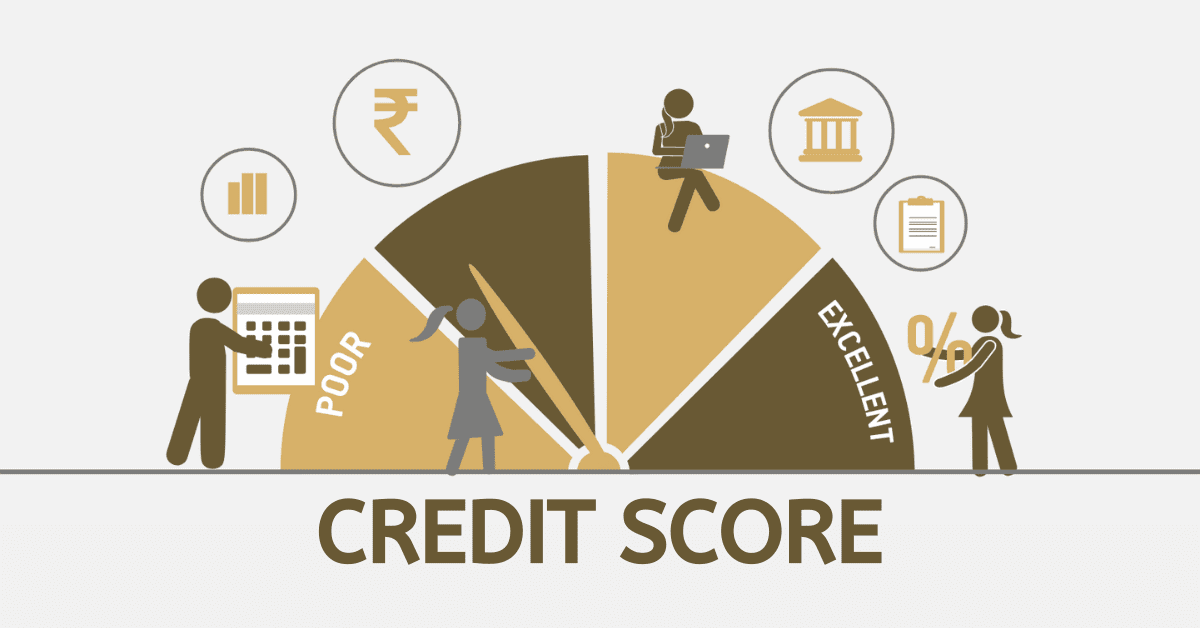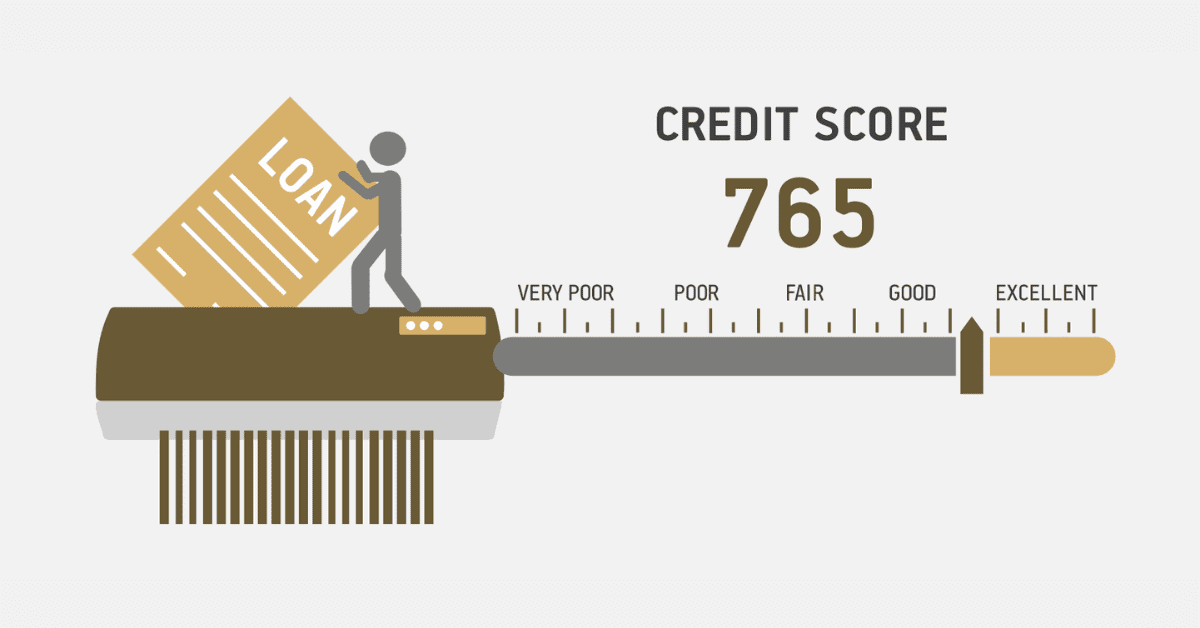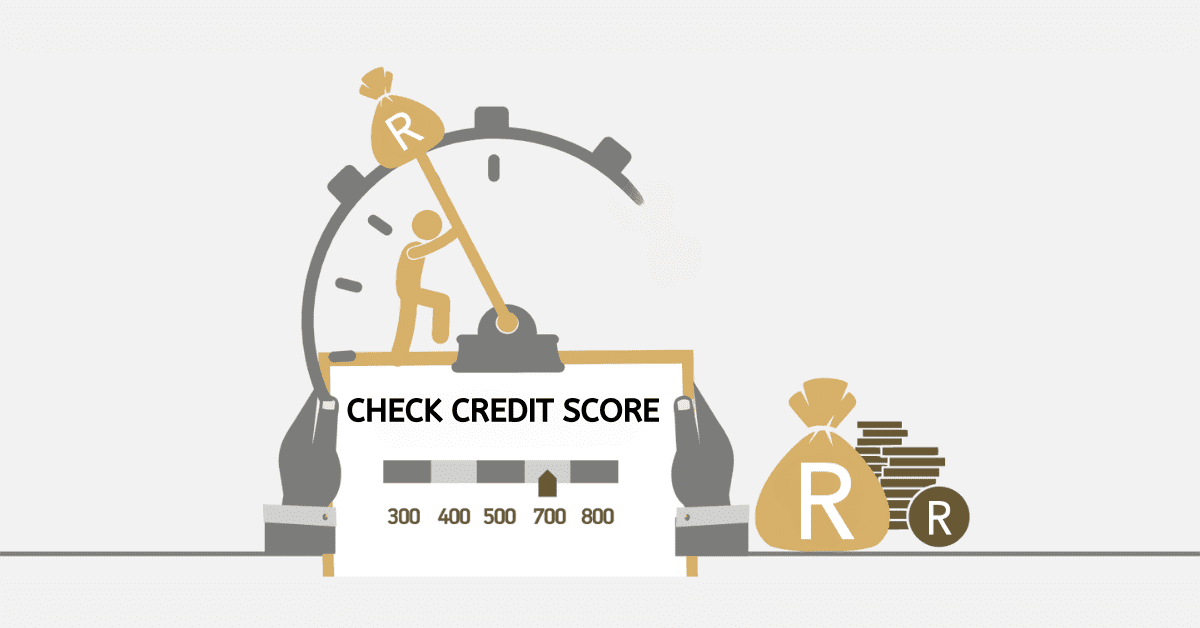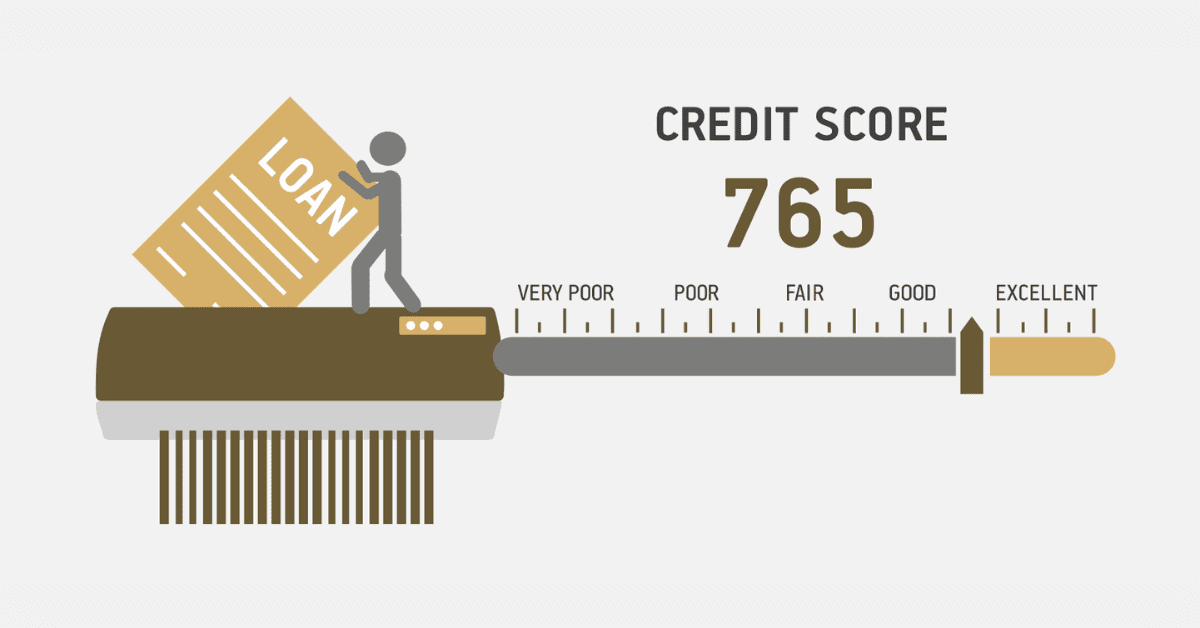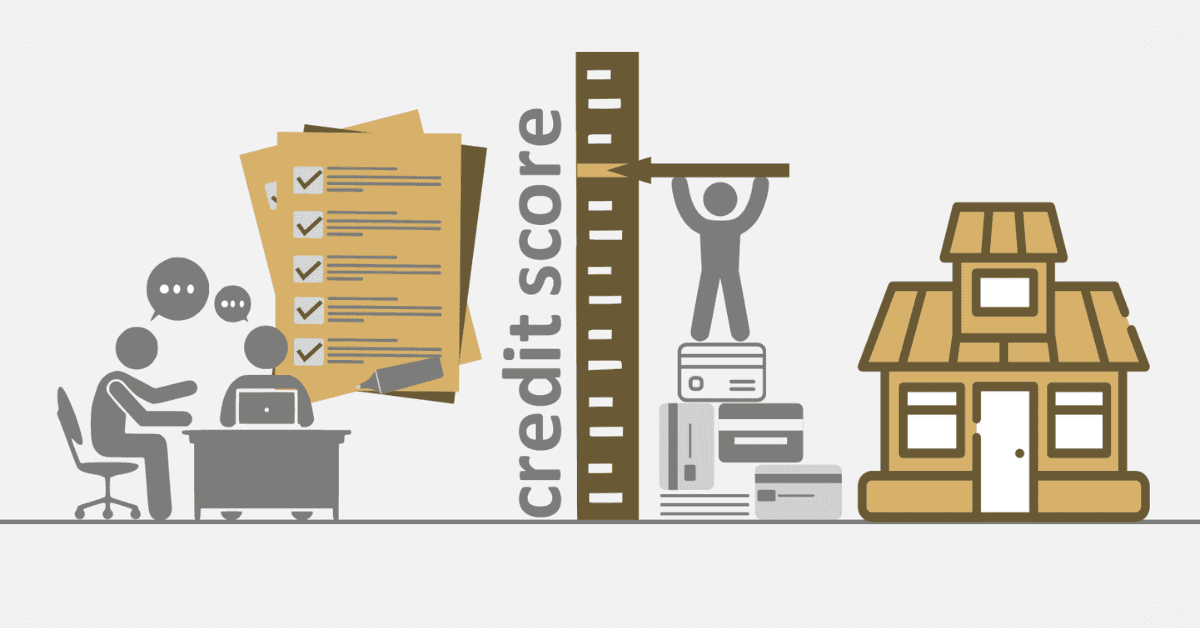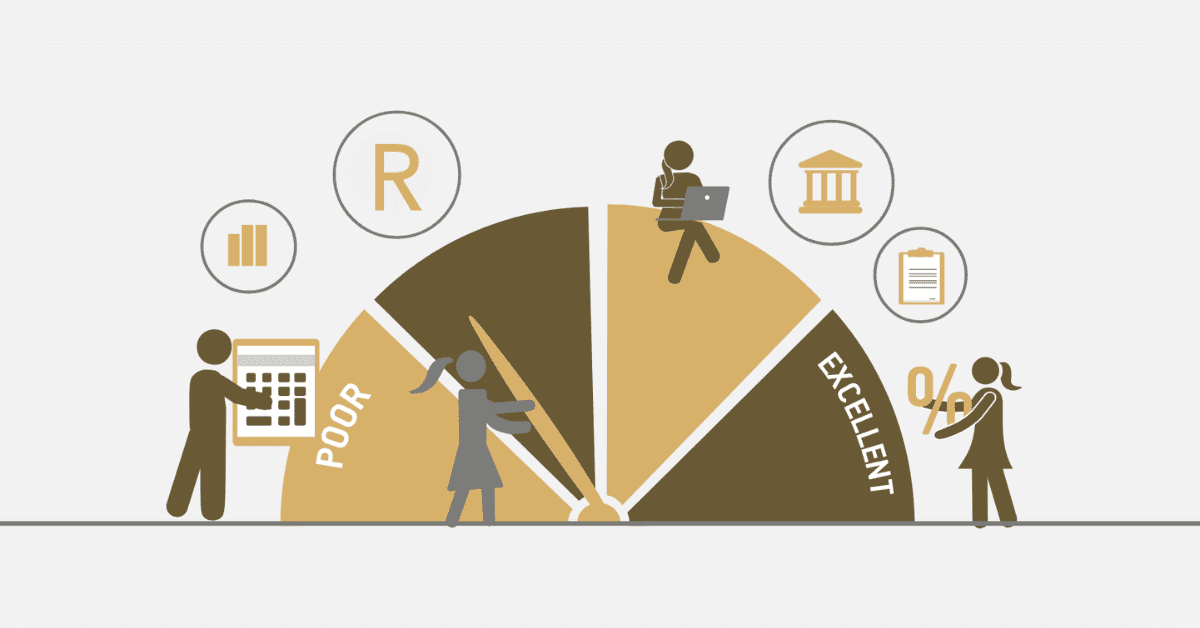Unless authorized or otherwise stated, you cannot check someone’s credit score without their permission. When you have no permission, it’s illegal to access another person’s credit records. However, certain groups of people, including potential lenders, employers, landlords, insurance companies, and others, can check their prospective clients’ credit records to assess their creditworthiness. A credit score is a useful indicator of one’s capability to manage their credit and finances. In this guide, we’re going to explore everything you want to know about checking someone’s credit score.
Can I See Someone Else’s Credit Score?
If you’re an ordinary person, you cannot see someone’s credit score. According to the National Credit Act (NCA), it is illegal for average citizens to access other people’s credit records. This is a crime that attracts a hefty fine or long-term imprisonment. However, certain individuals like landlords and other entities including banks, employers, insurance, companies, and others can check your credit with your permission. This usually happens when you apply for a loan or another service that requires the provider to check your credit score. Government agencies don’t need to seek your consent to pull your credit report.
How Can I Check Someone’s Credit Score?
There are different methods you can consider to check someone’s credit score. For example if you want to perform a credit check on a tenant or potential borrower in South Africa, you can use Experian’s Windeed’s website. You will pay R37.35 to use this service for an individual search. Furthermore, you must obtain the individual’s writer consent, their South African passport or ID number, name, and surname.
The National Credit Act also states that one needs to register for WinCredit to access someone’s credit record from the credit bureau of South Africa. By registering with WinCredit, you get approval and permission to run the search on the platform. Individuals and businesses must seek written consent from the individual whose credit report they want to access. When you register to use the WinCredit platform, ensure you provide the required documentation.
Another option you can consider to access someone’s credit report is to contact any of the four credit bureaus operating in South Africa including Experian, Compuscan, Transunion, and XDS. Remember, you will need written permission, personal details, ID, and passport number to run someone’s credit check via any of the credit bureaus in South Africa.
Which Companies Do Credit Checks?
Companies that offer loans, rental services, employment, and insurance services can conduct credit checks on other people’s credit scores. Banks and other lenders use credit scores to ascertain one’s capability of paying back the money based on their previous history. Utility companies also check credit scores to reduce risk by approving credit-worth people who can fulfill their obligations. Landlords use credit scores to screen potential tenants to reduce the risk of non-payment when they engage people with bad credit histories.
What Happens if I Marry Someone With Bad Credit?
Nothing will happen to your credit score if you marry someone with bad credit. Your partner will keep their bad credit, and you will maintain your good credit score. However, the only challenge that will arise is when you apply for a joint loan or any other debt together. The lender will check both credit scores when you decide to apply for a joint loan. As a result of your partner’s bad credit score
How Do You Know If Someone Opened Credit in Your Name?
Identity theft is common, and it is usually committed by unauthorized people who check other individuals’ credits. Someone can apply for a payday loan if they have sufficient information about your financial status. Anyone can be a victim of identity theft, so it is essential to check your credit report regularly to keep unwanted elements at bay.
When you obtain a free credit report and credit score, this is known as soft inquiry, and it does not harm your credit. If someone checks your credit, this is known as a hard inquiry, and it stays on your history for up to two years. When you obtain your report, you can easily identify hard inquiries. If you have not applied for a loan for a certain time, you can contact your lender to track the individual who has opened credit in your name. You can also call the company where the fraud was conducted to inform them about the incident, which you have not authorized. As them to freeze the fraudulent account and take time to improve your account’s security by changing passwords and other details that may have been compromised.
Is It Illegal to Run a Credit Check Without Permission in South Africa?
According to the National Credit Act (NCA), it is illegal to run a credit check on someone’s account without permission. One should seek consent from the account owner before accessing their credit report. The Fair Credit Reporting Act (FCRA) further states that a person or organization can only check other people’s credits under specific circumstances. A credit check can only go on if it meets the permissible requirements. Members of the general public cannot check other people’s credit reports unless they have special permission.
Only business entities with legitimate reasons to access other people’s accounts can do so without written consent, but this does not include individuals. The only people and organizations allowed to access other people’s credit report under permissible circumstances include the following:
- Lenders including banks and other financial institutions
- Landlords
- Insurance companies
- Utility companies
- Employers
These entities are allowed to access prospective customers’ credit reports to protect their business interests. With or without written consent, they can check someone’s credit as long as they can prove that the person involved is a potential loan applicant. Lenders use credit scores to determine the applicant’s eligibility for credit and their capability to pay the money back.
Members of the public are not allowed to check other individuals’ credit scores without written permission. This action is regarded as illegal, and it is a punishable offense. However, certain persons and organizations are allowed to check other people’s credit scores under special and permissible circumstances. Landlords are the only individuals allowed to check credit scores belonging to others.
